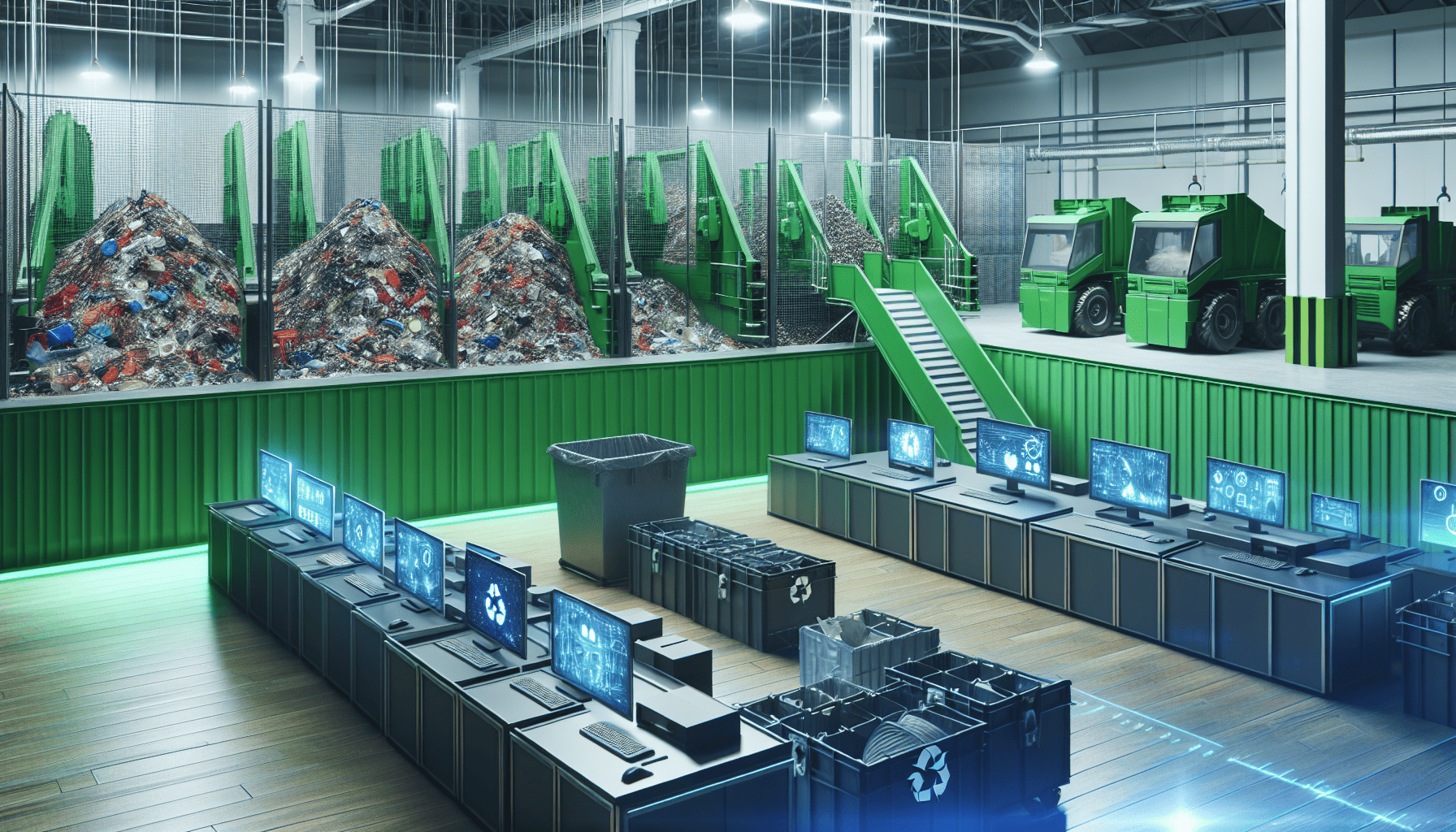As the global population grows and urbanization continues to expand, the challenge of waste management becomes increasingly pressing. With millions of tons of waste generated every day, innovative solutions are required to address both the reduction and recycling of waste effectively. Enterprising minds across the globe are rising to this challenge, leveraging technology, creativity, and science to develop groundbreaking methods that aim to revolutionize the way we handle waste.
One of the primary areas of innovation in waste management is in the development of advanced recycling technologies. Traditional recycling processes have often been limited by the types of materials they can handle and the purity required for successful processing. However, new technologies are breaking these barriers. For instance, advanced robotic sorting systems powered by artificial intelligence are now capable of identifying and sorting waste at a granular level, significantly increasing the efficiency and accuracy of recycling facilities.
Furthermore, chemical recycling is emerging as a promising solution for plastics, one of the most persistent waste challenges. Unlike mechanical recycling, which can degrade the quality of plastic, chemical recycling breaks down plastics into their fundamental monomers, allowing for the production of entirely new materials without loss of quality. This innovation not only increases the potential for recycling a wider range of plastics but also holds promise for creating a circular economy where plastics can be perpetually reused.
Waste reduction is another crucial component of innovative waste management strategies. Creative solutions such as zero-waste stores and community composting initiatives encourage individuals to minimize waste generation at the source. These models focus on reducing packaging, promoting the use of reusable items, and educating consumers on the importance of sustainable consumption practices.
The advent of biodegradable materials also marks a significant step forward in waste reduction. Companies are now investing in the development of materials derived from natural, renewable sources such as corn starch, algae, and mushroom mycelium, which decompose naturally over time without leaving harmful residues. These materials provide a viable alternative to non-degradable plastics, particularly in packaging applications, thus reducing the environmental impact.
In addition to technological innovations, behavioral change is a pivotal factor in improving waste management. Educational campaigns aimed at increasing public awareness about the importance of recycling and waste reduction are crucial. Gamification is playing an increasingly important role in this arena, transforming waste reduction behaviors into rewarding and engaging activities. By integrating waste management practices into daily routines through mobile apps and social incentives, communities are empowered to make more sustainable choices.
Cities around the world are also investing in smart waste management systems that leverage the Internet of Things (IoT) to optimize waste collection and processing. IoT-enabled sensors in waste bins provide real-time data on fill levels, allowing for more efficient collection routes and reducing the resources required for waste management operations. These systems not only cut down on carbon emissions from waste collection vehicles but also vastly improve the scheduling and allocation of labor and infrastructure resources.
Finally, the role of policy cannot be overstated in driving innovation in waste management. Governments have the capacity to incentivize research and development in waste reduction technologies through grants, tax breaks, and regulatory support. In addition, implementing stricter regulations on waste management, such as mandatory recycling, pay-as-you-throw schemes, and bans on certain materials, can drive both businesses and consumers towards more sustainable waste practices.
In conclusion, the evolution of waste management is being accelerated by a convergence of technology, increased environmental awareness, and supportive regulatory frameworks. These innovative waste reduction and recycling solutions offer promising pathways toward a more sustainable future. By continuing to harness these advancements, society can move closer to minimizing the environmental impact of waste and ensuring a healthier planet for generations to come.
